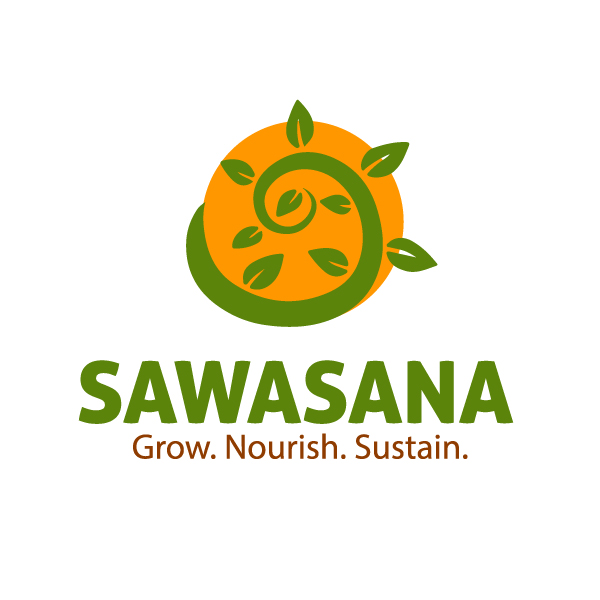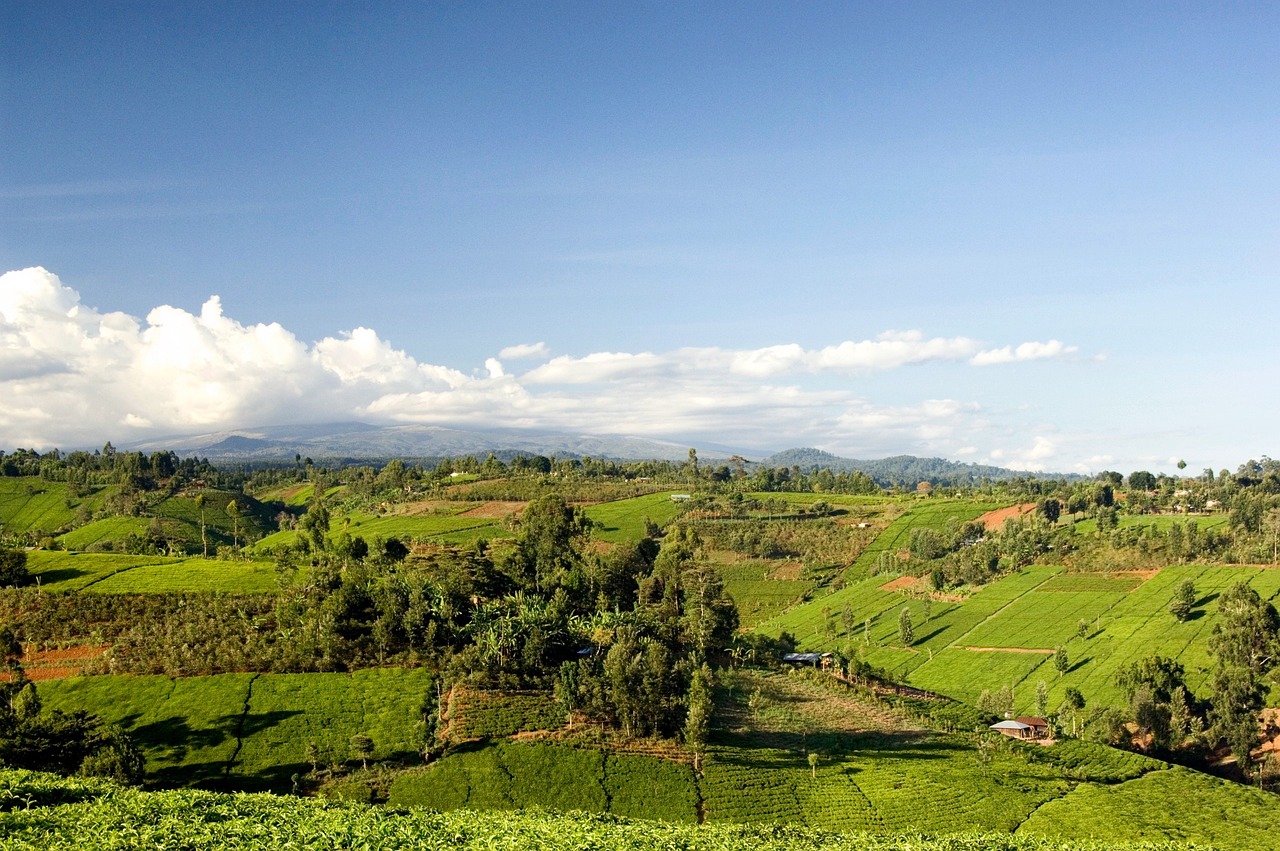
Experience the Essence of Organic Farming at SawaSana Farm
Location
The SawaSana farm is located in Kiminini constituency, Kitale, Trans-Nzoia county, Kenya, and occupies 2 acres of land with extension plans in the near future.
Facilities
SawaSana is equipped with several facilities to support its operations and ensure the well-being of its staff. These facilities include:
– Office: A central hub for administrative tasks, planning, and coordination.
– Lead Farmer’s Self-contained House: Accommodation for key personnel involved in day-to-day farming activities, providing a comfortable living space.
– Security Guard’s Office: A dedicated space for security personnel to monitor and oversee security measures on the farm.These facilities are essential for the smooth operation of SawaSana and contribute to its overall efficiency and effectiveness.
Security
SawaSana prioritizes farm security to protect its assets and ensure a safe working environment. The farm implements several security measures, including:
– Concrete Wall: The farm has a sturdy concrete wall in the front, providing a physical barrier to unauthorized entry.
– Strong Gate: A strong gate is installed at the entrance to control access to the farm, ensuring that only authorized personnel can enter.- Surveillance Cameras: Cameras are strategically placed in the compound to monitor activity and enhance security.
These security measures are designed to safeguard SawaSana’s facilities, equipment, and personnel, promoting a safe and secure environment for all.
What we do
We specialize in pure organic farming, focusing on Hass Avocados, Oyster Mushrooms and Lettuce.
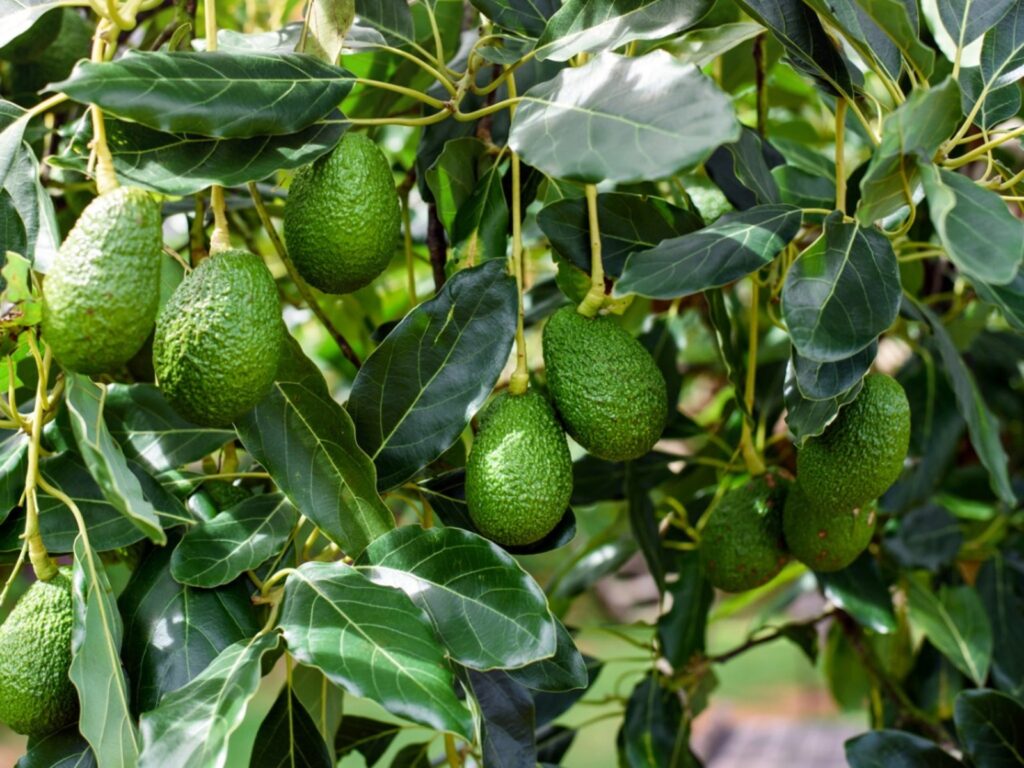
Hass Avocado
The Hass avocado, known for its distinctive pebbly skin and creamy texture, is one of the most popular varieties of avocado globally. Originating from the tree of Rudolph Hass in California, it has become a staple in diets worldwide due to its rich flavour and numerous health benefits.
Hass avocados are prized for their high nutrient content, including healthy mono unsaturated fats, which are beneficial for heart health. They are also a good source of fibre, vitamins E, C, and K, as well as potassium and foliate.
In addition to their nutritional value, Hass avocados are versatile and can be used in a variety of dishes. From guacamole to salads, sandwiches, and smoothies, the creamy texture and mild flavour of Hass avocados make them a popular choice for both sweet and savoury recipes.In recent years, the demand for Hass avocados has surged, leading to increased cultivation worldwide. However, their popularity has also raised concerns about environmental impact, particularly related to water usage in regions where they are grown. As a result, sustainable farming practices, such as those employed by SawaSana, are increasingly important to ensure the long-term viability of Hass avocado cultivation.
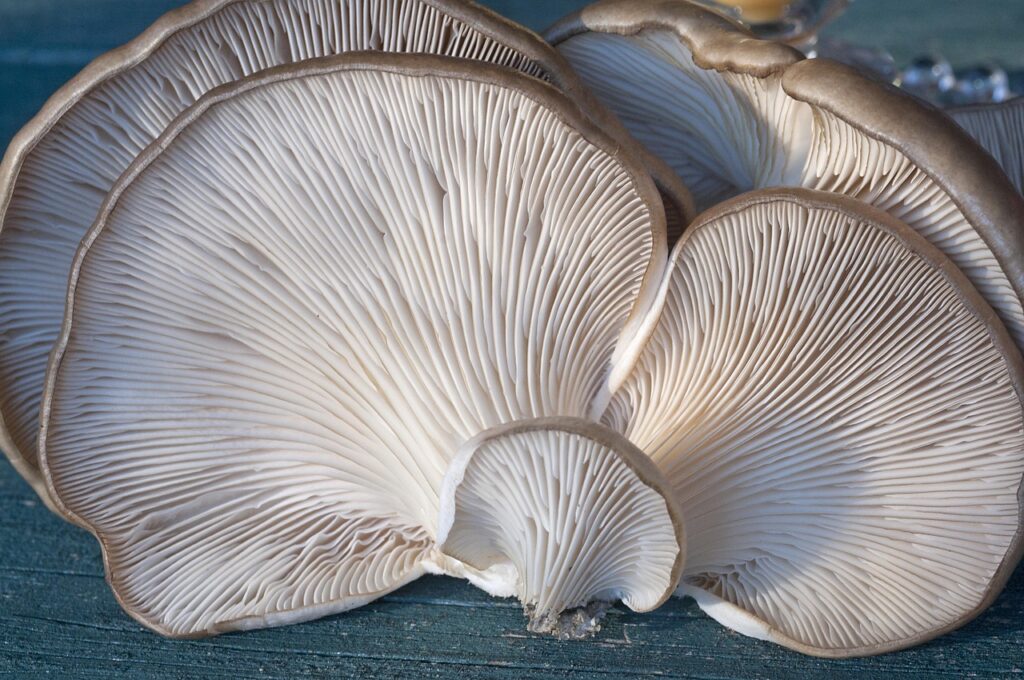
Mushrooms
Oyster mushrooms are a popular variety of edible mushrooms known for their delicate texture and mild, savory flavor. They are widely cultivated and prized in culinary circles for their versatility and nutritional benefits.
One of the key advantages of oyster mushrooms is their ability to grow quickly and in a variety of environments. They can be cultivated on a wide range of substrates, including wheat straw, coffee grounds, and sawdust, making them a sustainable choice for mushroom cultivation.
Oyster mushrooms are also known for their nutritional value. They are low in calories and fat but rich in protein, fiber, vitamins, and minerals. They are particularly high in B vitamins, including niacin, riboflavin, and pantothenic acid, as well as minerals such as potassium, iron, and zinc.
At SawaSana, oyster mushrooms are being cultivated using organic methods, without the use of synthetic chemicals or pesticides. This approach aligns with SawaSana’s commitment to sustainable farming practices and producing high-quality, organic produce.The first harvest of oyster mushrooms at SawaSana is expected soon, marking an important milestone for the farm. These mushrooms will not only provide a valuable addition to the farm’s product offerings but also showcase the potential for sustainable mushroom cultivation in the region.
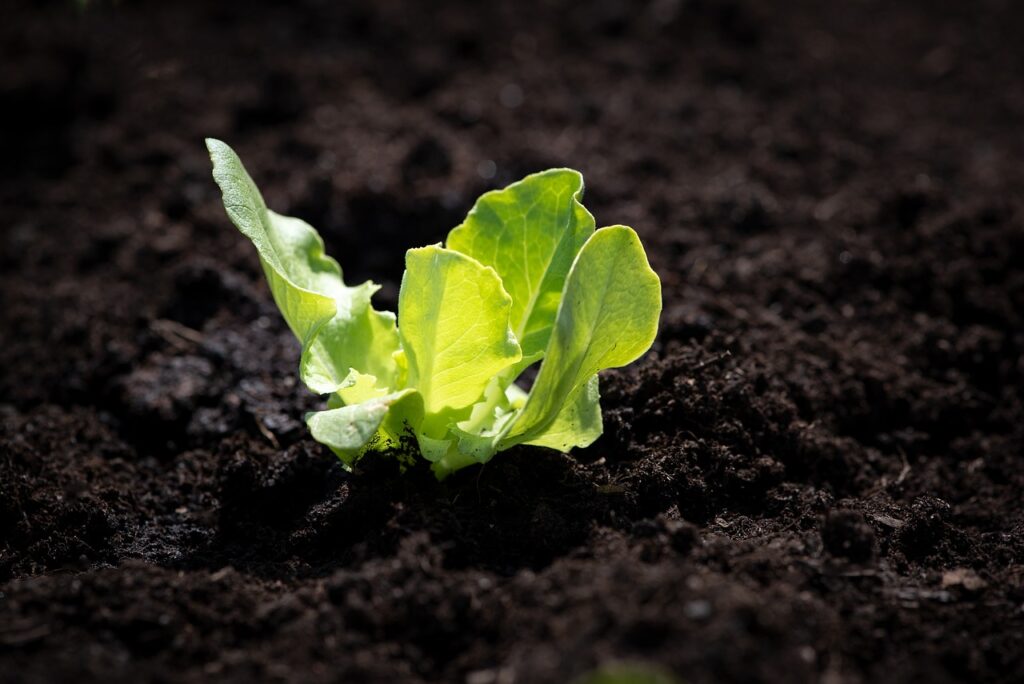
Lettuce
Lettuce farming is an important component of SawaSana’s agricultural activities, complementing its Hass avocado and oyster mushroom cultivation. The establishment of a small lettuce nursery signifies SawaSana’s commitment to diversifying its produce and offering a wider range of fresh, organic vegetables to the community and beyond.
Lettuce is a versatile and nutritious leafy green vegetable, rich in vitamins A and K, as well as folate and fiber. It is a staple ingredient in salads and sandwiches, making it a popular choice for health-conscious consumers.
The lettuce nursery will provide a controlled environment for the initial stages of lettuce growth, ensuring optimal conditions for germination and early development. Once the lettuce seedlings have reached maturity, they will be transplanted to the main farm for further growth and eventual harvest.By incorporating lettuce farming into its operations, SawaSana aims to not only expand its product offerings but also promote healthy eating habits and local food production. The addition of lettuce to its crops demonstrates Sawa Sana’s commitment to providing a diverse range of fresh, organic produce to the community, furthering its mission of promoting sustainable agriculture and environmental stewardship.
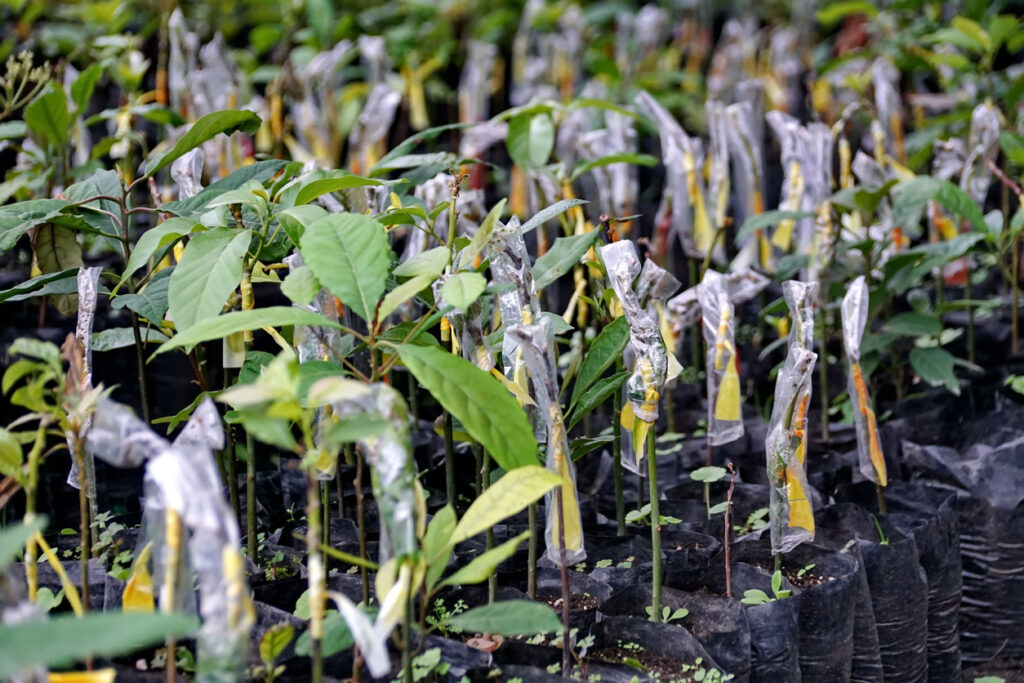
Hass avocado Nursery
SawaSana’s plan to establish a Hass avocado nursery is a significant step towards community engagement and sustainable agriculture. By bringing the seedlings closer to the community, Sawa Sana aims to encourage more people to plant and cultivate Hass avocado trees, promoting environmental stewardship and economic empowerment.
The nursery will serve as a hub for education and outreach, providing training and resources to help community members successfully grow and care for avocado trees. This initiative aligns with SawaSana’s broader vision of being a role model farm and promoting sustainable farming practices in the region.
Additionally, by offering locally sourced seedlings, the nursery will reduce the need for community members to travel long distances to acquire planting material, making it more accessible and cost-effective for them to participate in avocado farming.Overall, the establishment of the Hass avocado nursery represents a tangible commitment by SawaSana to empower the community through agriculture, while also promoting environmental conservation and sustainable development in the region.
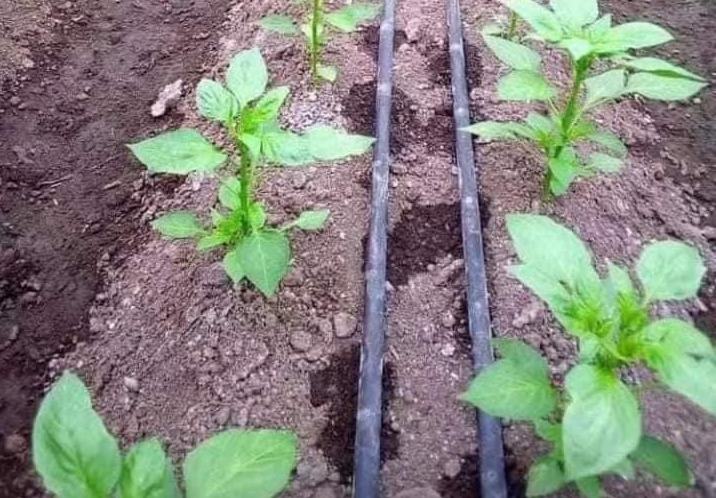
Irrigation
SawaSana practices advanced irrigation techniques to ensure sustainable water management and efficient farming practices. The farm utilizes its own borehole for water, reducing its reliance on community water sources and ensuring a reliable supply for irrigation. This approach not only helps conserve precious community resources but also allows Sawa Sana to have greater control over its water supply, ensuring that its crops are well-nourished and healthy.
Moreover, SawaSana has implemented a solar-powered irrigation system to pump water from the borehole to the farm. By harnessing the power of the sun, the farm reduces its carbon footprint and operating costs, while also ensuring a continuous and reliable water supply for its crops. This sustainable approach to irrigation not only reduces the farm’s environmental impact but also helps ensure the long-term viability of its operations.Overall, SawaSana’s irrigation practices reflect its commitment to sustainable farming and environmental stewardship. By using its own borehole for water and employing solar-powered irrigation, the farm demonstrates its dedication to efficient resource management and responsible farming practices.
